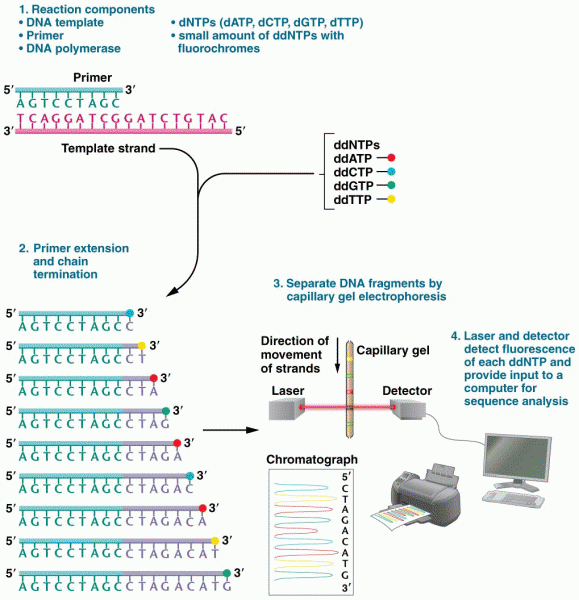|
|
|
About 600,000 particles of skin are shed every hour by each human. If you live to age 70 years, you have shed 105 pounds of dead skin.
Once thought to have neurofibromatosis, Joseph Merrick (also known as "the elephant man") is now, in retrospect, thought by clinical experts to have had Proteus syndrome. This endocrine disease causes continued and abnormal growth of the bones, muscles, skin, and so on and can become completely debilitating with severe deformities occurring anywhere on the body.
Urine turns bright yellow if larger than normal amounts of certain substances are consumed; one of these substances is asparagus.
Over time, chronic hepatitis B virus and hepatitis C virus infections can progress to advanced liver disease, liver failure, and hepatocellular carcinoma. Unlike other forms, more than 80% of hepatitis C infections become chronic and lead to liver disease. When combined with hepatitis B, hepatitis C now accounts for 75% percent of all cases of liver disease around the world. Liver failure caused by hepatitis C is now leading cause of liver transplants in the United States.
Parkinson's disease is both chronic and progressive. This means that it persists over a long period of time and that its symptoms grow worse over time.
 This young boy with muscular dystrophy needs to receive tube feedings and home nursing care. He atte
This young boy with muscular dystrophy needs to receive tube feedings and home nursing care. He atte
 Magnetic resonance imaging (MRI). The MRI lab includes the scanning instrument and a computer statio
Magnetic resonance imaging (MRI). The MRI lab includes the scanning instrument and a computer statio





